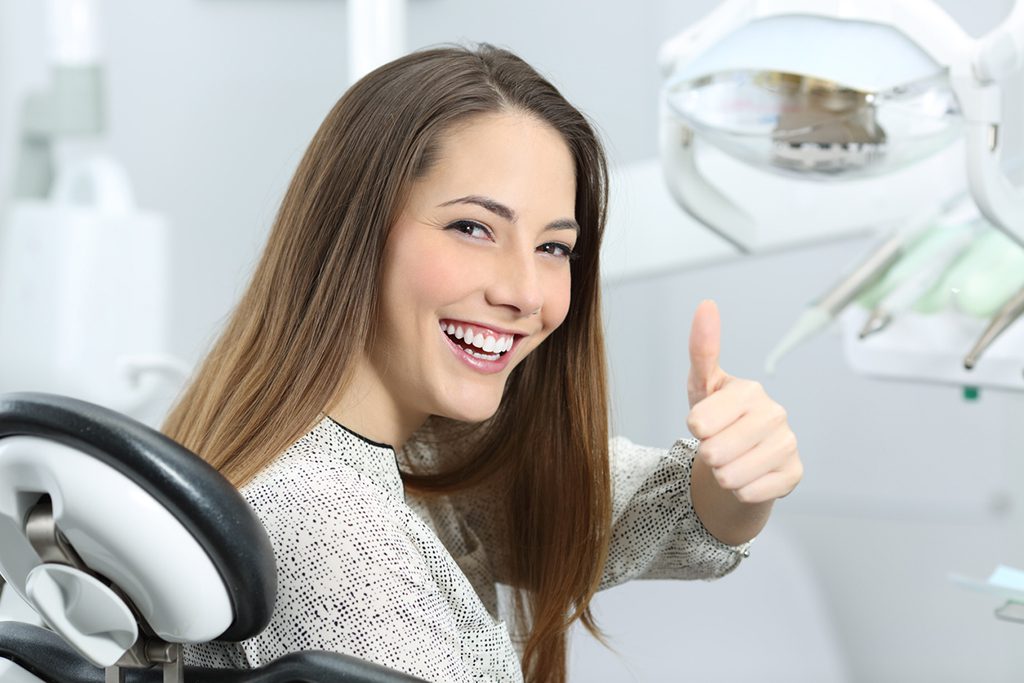
22 Jun What is the Best Oral Care Routine?
One of the first self-care measures we learn is to brush our teeth. We all know that we should brush our teeth every morning after waking up and every night before going to bed.
But brushing your teeth is not the only thing you can do for your oral and dental health. Cleaning the spaces between your teeth and rinsing your teeth complement tooth brushing and can take your good oral care routine to a new level. Another essential factor that is usually overlooked is gum health. Get comfortable and read on if you want to learn more.
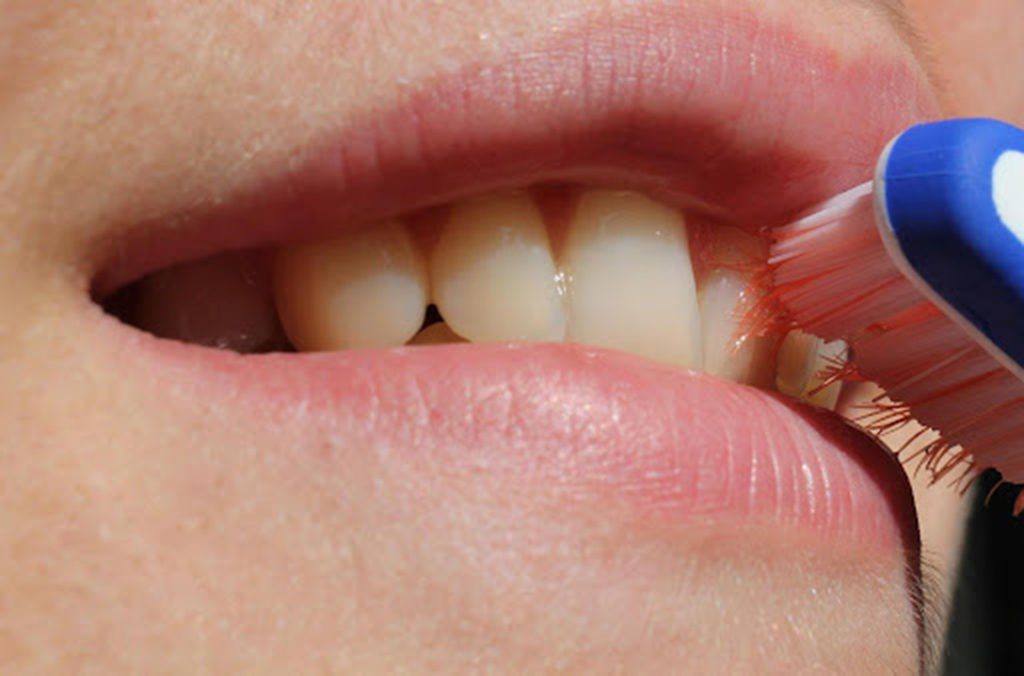
What is an Ideal Oral Hygiene Routine?
Everyone is different, and depending on their age, occupation, and diet, their routine will be slightly different. However, certain aspects of oral hygiene are universal: daily care, regular professional checkups and cleanings, a healthy diet with few sugary drinks or sweets, and drinking water with fluoride are the most important examples.
You can also do some of these at home. Here you’ll find an introductory program to help you get started with healthy oral hygiene.
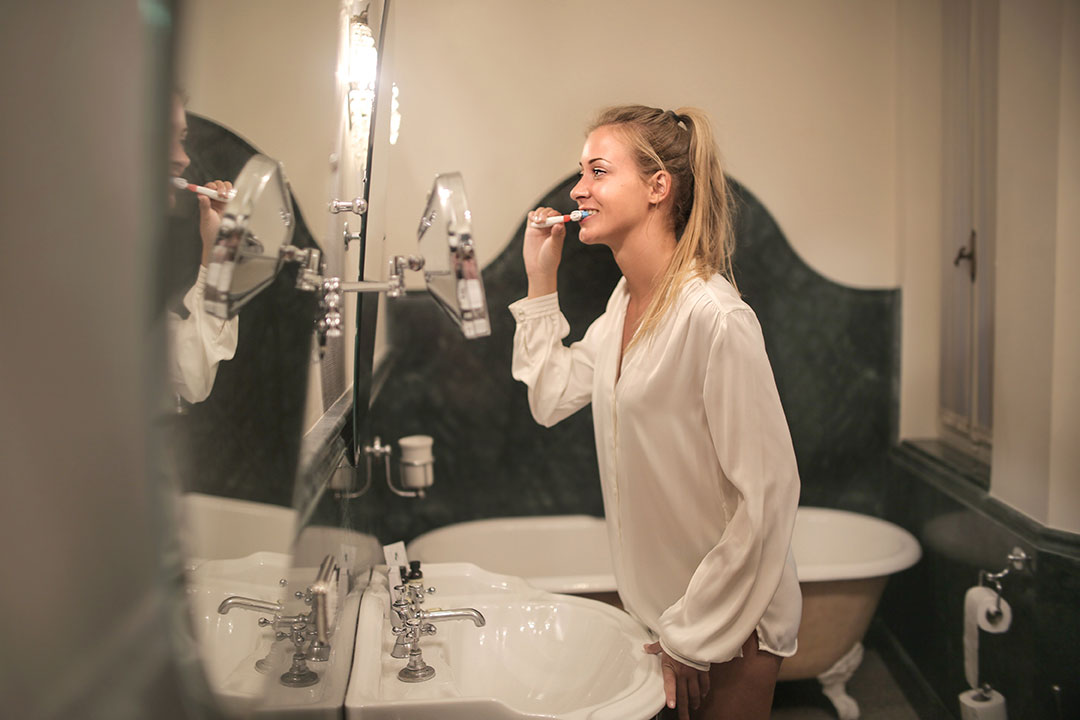
#1 Brush
You need to brush your teeth at least twice a day, for at least two minutes, and try to keep each quadrant of your mouth in contact with the brush for 30 seconds. Try using an electric toothbrush; some models with timers run for two minutes and beep every 30 seconds, so you know when to continue.
Hold the brush at a 45-degree angle to the tooth surface and aim for your gums. For better results, brush up and down your teeth’ front and back halves. Use a soft-bristled toothbrush and toothpaste recommended by reputable associations.
If your morning toothbrushing routine is after breakfast, wait at least an hour (after eating) before brushing, especially if you have eaten something acidic like orange juice or grapefruit. The acid loosens the enamel, and the force of brushing can damage your teeth if you do it right after breakfast.
#2 Floss
Floss at least once a day. The best time to do this is in the evening before bed. If you floss while brushing your teeth, floss first. Flossing pulls out food debris stuck between teeth and loosened plaque, making subsequent brushing more effective.
Use enough floss to provide a clean section for each tooth, about one and a half feet. Wrap the floss around your index fingers and gently slide it between your teeth so you can reach the molars, too!
If you don’t want to use a long string of floss, you can buy a flosser, a plastic holder with floss. You may need more than one floss holder for each teeth cleaning, but they can make the job easier and smoother.
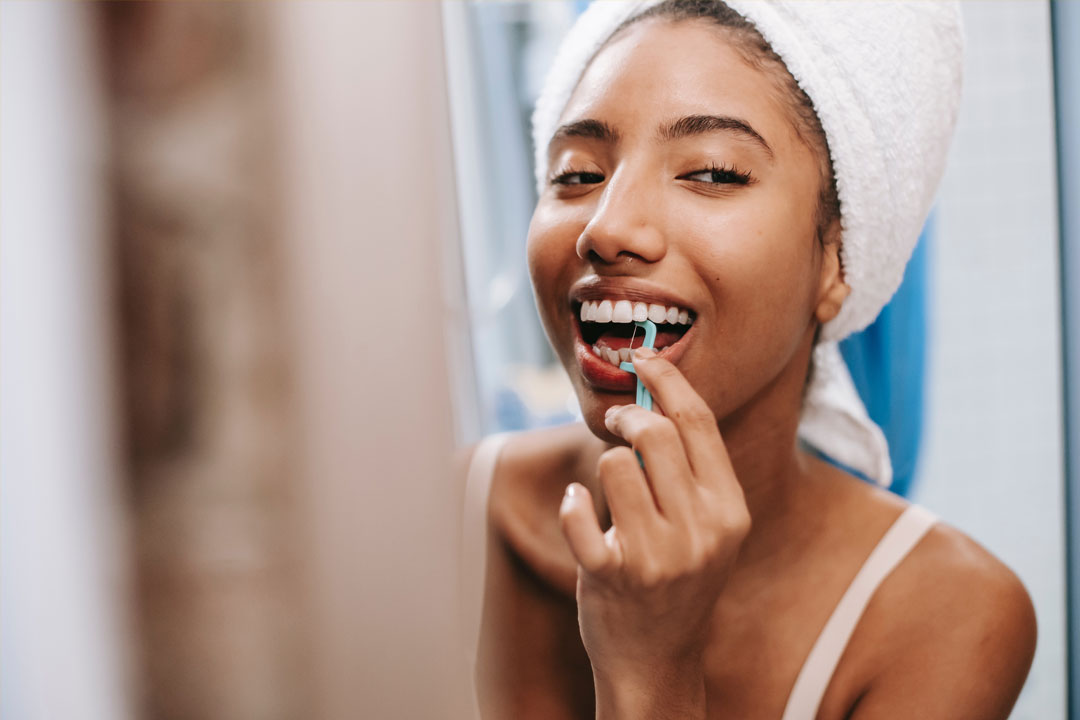
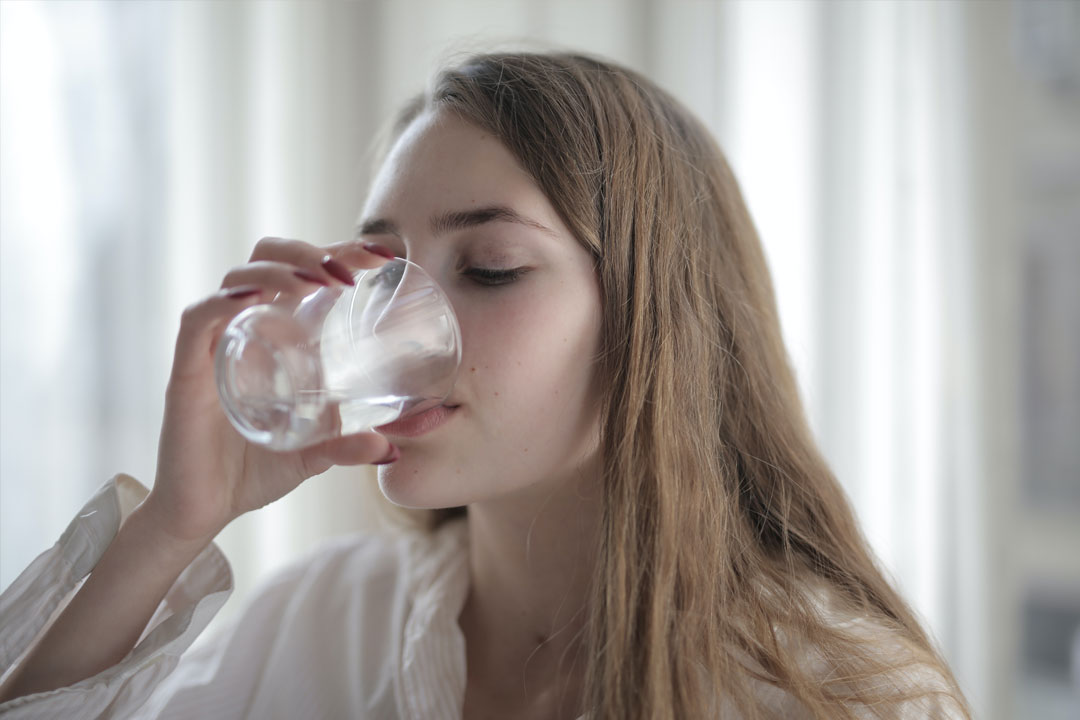
#3 Rinse Your Mouth
After flossing and brushing your teeth, the last thing you should do is rinse your mouth with mouthwash. When it comes to mouthwashes, there are many good options. Pick one that you like and remember to use it regularly.
Pour out a capful of mouthwash and move it back and forth for 30 seconds to ensure the liquid reaches every part of your mouth and stays there long enough – don’t be in a hurry when brushing your teeth. Rinsing helps remove tiny bits of toothpaste and food that can be missed even when you brush and floss. It also leaves your mouth feeling refreshed!
#4 Clean Your Tongue
If you want to go one step further, clean your tongue. Cleaning your tongue is just as important as brushing your teeth and flossing. Bacteria can build up on and between your teeth, and they can also build up on your tongue and cause bad breath.
Scrubbing or flossing the tongue can remove any bacteria that may have settled on your tongue. This takes about a minute and doesn’t have to be done every time you brush your teeth. If you make it a regular part of your daily routine, you’ll quickly notice a difference in the overall health of your mouth.
You can use a tongue scraper to clean your tongue before or after brushing your teeth. Since your tongue is sensitive, be gentle and don’t force the scraper.
Follow these tips if you want to clean your tongue quickly and effectively:
-
- Put the scraper at the back of your tongue and move it forward.
- Move the scraper back and forth several times at different angles.
- Rinse your mouth with water to remove impurities and food debris.
- Clean the tongue scraper every time you use it to keep it hygienic and clean.
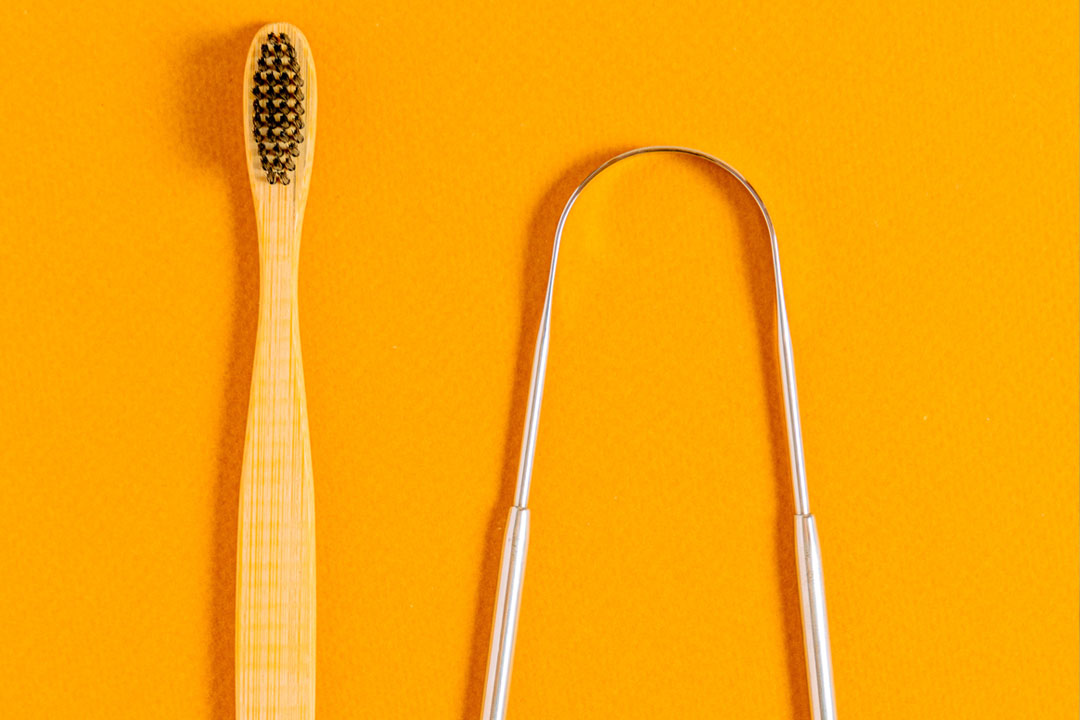

#5 Keep Your Gums Healthy
We can’t write about oral care without emphasizing the importance of healthy gums. When it comes to the health of your mouth, it’s not just about how straight your teeth are or how bright your smile is. You can’t just ignore your gums!
Pay close attention to your gums and see a dentist in Roanoke TX if you notice any of the following signs:
-
- Constant bad breath or bad taste
- Loose teeth
- Gums that bleed easily
- Swollen, red, or tender gums
Gum disease is preventable. Below are some ways you can keep your gums healthy.
-
- Floss once and brush twice a day
- Go for regular dental cleanings
- Quit smoking and don’t drink too much alcohol
- Use fluoride toothpaste and a therapeutic mouthwash
Bottom Line
Mineral loss is inevitable due to the elements your teeth are exposed to on a daily basis. Your teeth are made to absorb these elements, but too much demineralization can wear them down.
A key factor in excellent oral hygiene is knowing your oral needs. Ask Dr. Rhea Antolin at your next cleaning or checkup appointment if there is anything you should be aware of in your oral hygiene routine.
If you have any questions about your oral hygiene, please don’t hesitate to contact us!

Sorry, the comment form is closed at this time.